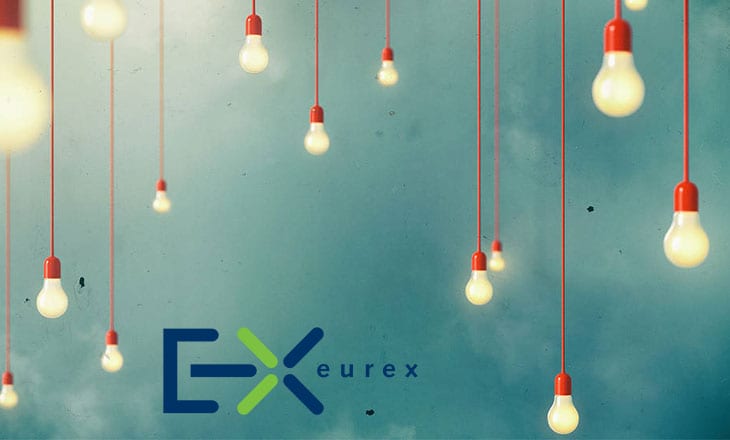The Eurex Exchange, a subsidiary of Deutsche Börse and Europe’s largest trading platform for derivatives and the third largest in the world, is now expanding the offerings of its clearing mechanism to include EUR/USD and GBP/USD cross-currency swap transactions. Industry observers see this move as one more step towards central clearing for the forex industry. Banks are quite content with Interbank clearing, but there remains an opportunity for the Central Counterparty (CCP) model to prosper.
Eurex Clearing has spearheaded CCP, wherein it acts as a counterparty to each and every transaction, as opposed to multiple bilateral agreements between brokerage OTC desks, where each party to the transaction is at risk for the other party’s fulfilling of its commitments. The company is now offering these swaps on an inter-dealer basis, but it plans to expand its offering to general clients in future. Cross-currency swap clearing is not new news. There have been a number of exchanges, primarily in Hong Kong, that have been clearing USD-HKD swaps for 18 months.
As these products become more accepted, other exchanges will more than likely come on board, as well. According to a EuroMoney report, R5FX CEO Jon Vollemaere notes that this platform also utilizes the CCP model due to credit risk concerns, especially in emerging markets:
Whether in places like China – where netting isn’t currently recognised – or India and Brazil, where risk amongst both resident and non-resident traders is reduced by using a CCP model, providing customers with the choice of either cleared or uncleared is the way the market is moving. If it works for emerging market currencies, it will certainly work for the G10.
Vollemaere adds that cost structures are changing, which will favor the CCP model, as well:
For some time, we have had the prime broker versus clearing debate where prime brokerage has been much cheaper as a form of access, but costs are increasing for all and UMR [uncleared margin rules] will further impact this market over the next two years. The clearing house that prices itself to compete with prime brokers will win the lion’s share of the cleared FX market.
What is preventing the central clearing mechanism from replacing bilateral relationships altogether? In a competitive marketplace, it is difficult for competing exchanges to move in a coordinated fashion. The result can easily be too many exchanges offering the same services in a confined geographical area, which then dries up liquidity. Over time, however, the CCP model offers more certainty and transparency, which should win out eventually.
Sunil Cutinho, president at CME Clearing, speaks to cost advantages of central clearing:
Central clearing is more efficient than bilateral trading as market participants can net their exposures with a single counterparty and settle variation margin on a net basis. Our centralized FX clearing also offers portfolio margining opportunities between cleared OTC FX and exchange-listed FX futures and options, with margin savings of up to 90% against emerging-market futures and 56% against G10 futures.
Exchanges are motivated to take on more FX business, since margins are declining on traditional security offerings. Jason Hughes, global head of sales at ADSS, foresees CCP becoming the prevalent credit model in FX, but it will take time:
With transaction reporting requirements, we are seeing more visibility within the traditional OTC space and therefore an element of increased transparency without a centralized counterparty system.
He added:
Deutsche Börse has been active with acquisitions in the FX trading space. Eurex only has only a small number of banks connected, though, and this will need to grow significantly to really affect the OTC interbank business.
Read more:
